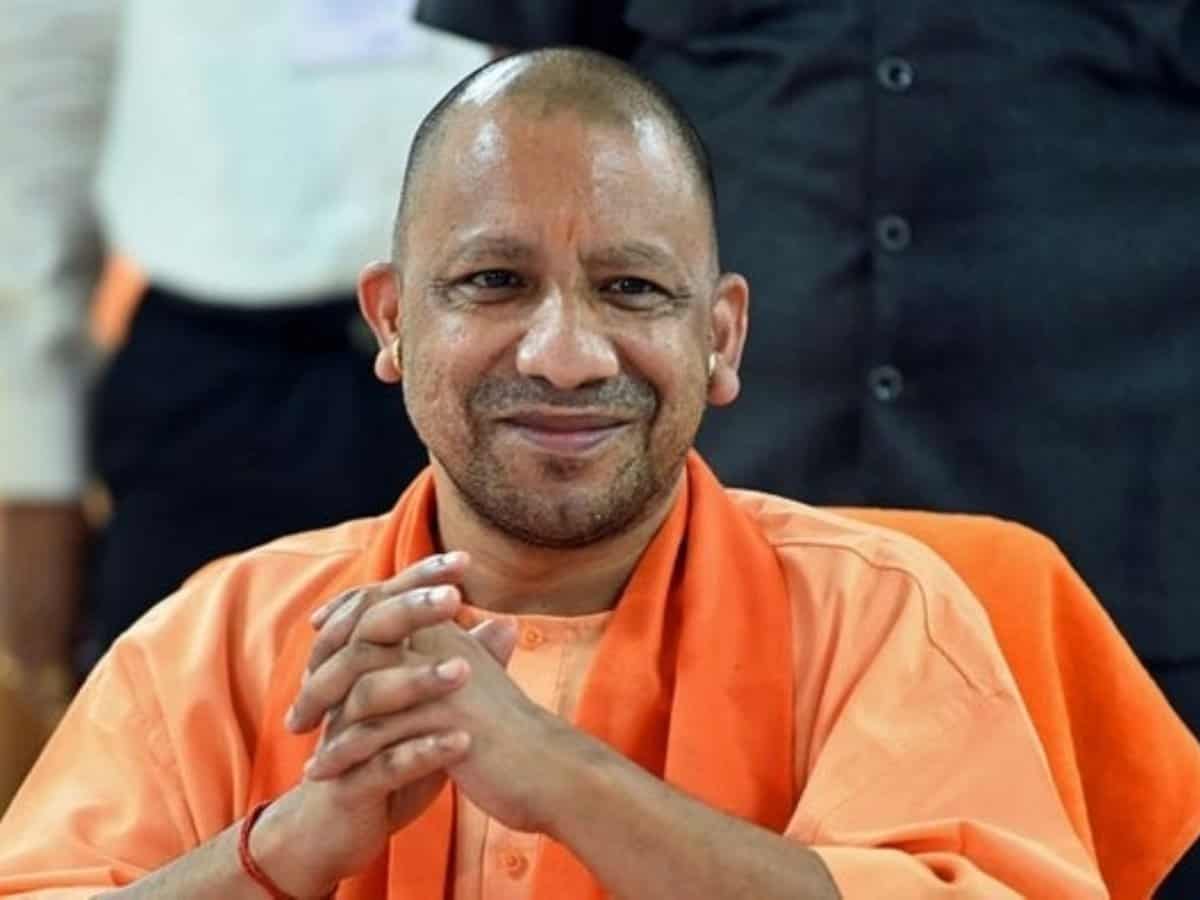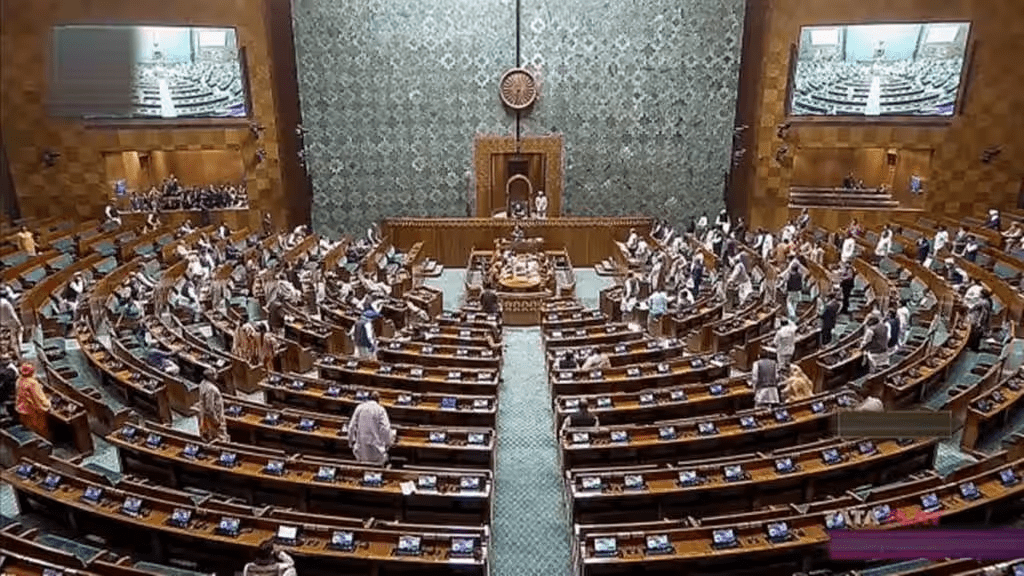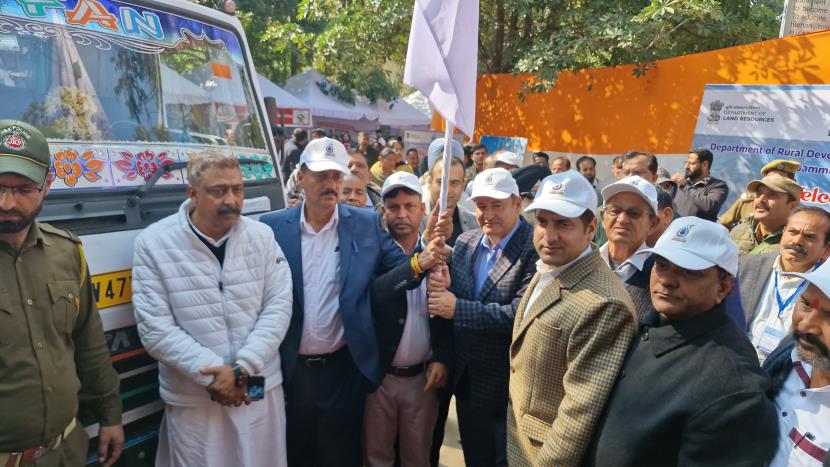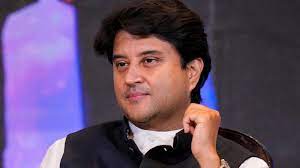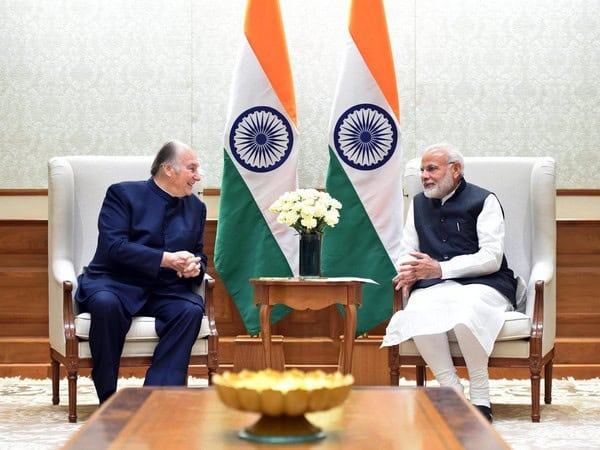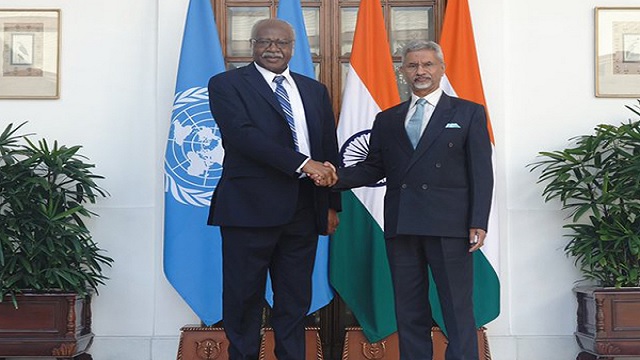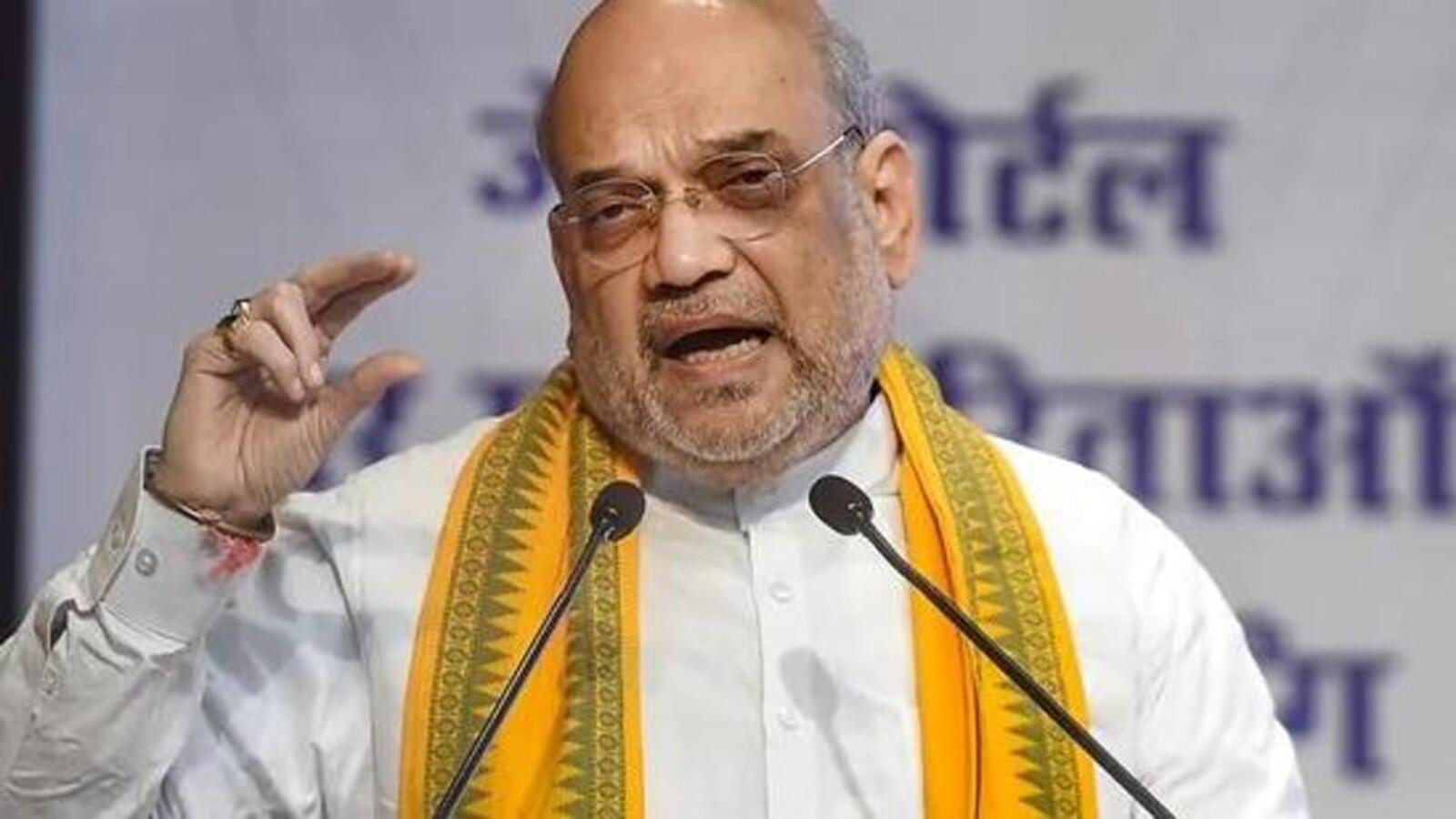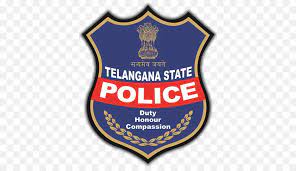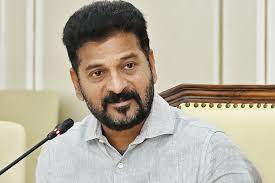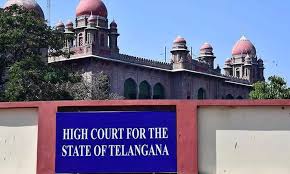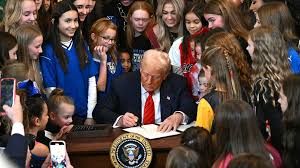Open challenge to tamper EVMs from June 3: EC
Sat 20 May 2017, 19:23:06
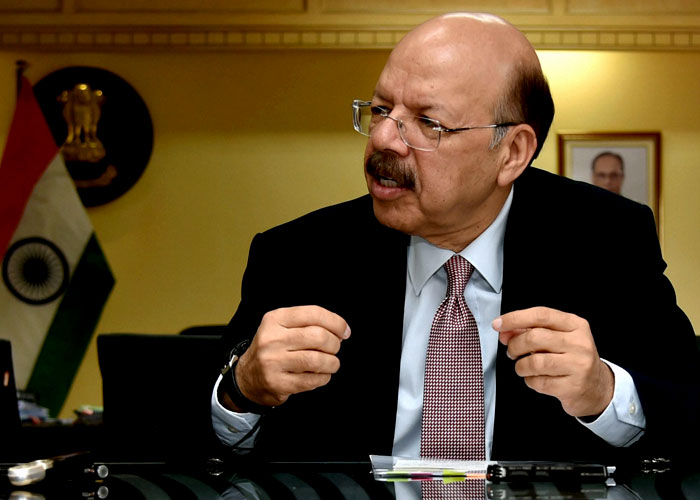
The election commission on Saturday announced that it will hold an open challenge from June 3 for political parties to prove their allegations that the electronic voting machines (EVMs) can be tampered with.
The challenge will be open only to recognised national and regional parties which can nominate up to three representatives to take part in the challenge, provided they are all of Indian nationality.
Announcing the conditions of the challenge, chief election commissioner Nasim Zaidi said all political parties which want to participate in the challenge will have to confirm their participation to the poll panel by 5 pm on May 26. The duration of the challenge is mostly likely to be spread over 4 to 5 days, but will be finalised depending on the response of the political parties, he said.
REASON FOR CHALLENGE
The EC's decision to hold the open challenge comes in the wake of allegations by political parties such as the BSP, the AAP and the TMC that the EVMs used in the assembly elections in five states including Uttar Pradesh in February-March were rigged.
These parties have alleged that the EVMs were tampered to benefit the ruling BJP; and have demanded reverting to paper ballots.
On May 10, the AAP in a demonstration inside the Delhi assembly, claimed that it had proved how an EVM could be hacked to favour a particular party.
CHALLENGE DETAILS
CEC Zaid also announced the rules for the hackathon to be held at the EC's headquarters.
Parties can only choose a maximum of four EVMs used in the last assembly elections in any four constituencies to demonstrate that they can be tampered. Only those EVMs that have been sealed under court orders will not be used for the challenge, Zaidi said.
He stressed that EVMs cannot be taken out of the premises during the challenge nor can their internal circuits be changed. Doing so would make them a copy of the ECI EVMs.
The CEC said the challenge will be to open to those who alleged that the EVMs used in the 2017 assembly polls were tampered to favour a particular candidate/political party by altering the results stored in the machines after the polls. In this case the claimants will have to alter the results in the control unit used during the polls in exactly the same scenario as the EVMs remain within the administrative and technical safeguards in the storage rooms. They can do so by using external devises such as Bluetooth and mobile phones.
The second scenario of the challenge will be for the claimants to prove their allegation that the EVMs used
were tampered before the poll day or during the poll day.
were tampered before the poll day or during the poll day.
Here too, the claimants will have to prove their allegation by showing how the machines can be tampered in the same technical and safeguard scenarios in which the machines are stored.
CHALLENGE RULES
"Under challenge 1, claimants shall be deemed to have failed if the EVM becomes non-functional after tamper attempt, or if the EVM is functional, but the results are same as ECI declared results or if they violate the guidelines or withdraw," Zaidi explained.
Similar process will have to be followed for challenge 2.
Each participating political party will be given four hours for the challenge which will be judged by a four-member independent committee that has on board mathematics, computer science and instrumentation experts.
If the nominees of any political party fail to report at the designated time and venue without prior intimation or approval, they will forfeit their right to participate in the EVM challenge.
NO PROOF OF TAMPERING
On the allegations made by parties about the efficacy of the EVMs, he said: "People who questioned the reliability of EVMs haven't yet submitted any proof or credible material to support their claim."
He trashed allegations that EVMs can be tampered using Trojan Horse (a key press sequence) or by use of external factors such as Bluetooth devise or mobile phone.
"EVM chips are one-time programmable and don't have a Wi-fi chip. If they are tampered with, the machine becomes inoperable," he said, adding that it is impossible to inject viruses into the voting machine.
VVPAT
The CEC also said that all future elections will be held with Voter-Verifiable Paper Audit Trail (VVPAT) machines along with EVMs in all polling stations to bring in transparency.
The poll panel will consider the demand for increasing the display time on the VVPAT machines from seven seconds to 15 and will soon announce the decision on the percentage of votes that will be counted using the paper trail machines.
Most political parties at an all-party meeting last week had urged the EC to count a percentage of voted by tallying the results shown by the EVMs with the VVPAT results.
The CEC also refuted reports of malfunctioning EVMs from Maharashtra and said, those were incorrect reports that "generated wrong perception". He stoutly defended the safeguards in manufacture and maintenance of the machines and said it is impossible to manipulate machines at the manufacturing stage or during storage.
No Comments For This Post, Be first to write a Comment.
Most viewed from National
Most viewed from World
AIMIM News
Delhi Assembly polls: Owaisi leads Padyatra in Okhla
Feb 01, 2025
We reject this Waqf Amendment Bill: Asaduddin Owaisi
Jan 30, 2025
Latest Urdu News
Most Viewed
May 26, 2020
Which political party will win the Delhi Assembly polls to be held on Feb 5?
Latest Videos View All
Like Us
Home
About Us
Advertise With Us
All Polls
Epaper Archives
Privacy Policy
Contact Us
Download Etemaad App
© 2025 Etemaad Daily News, All Rights Reserved.

